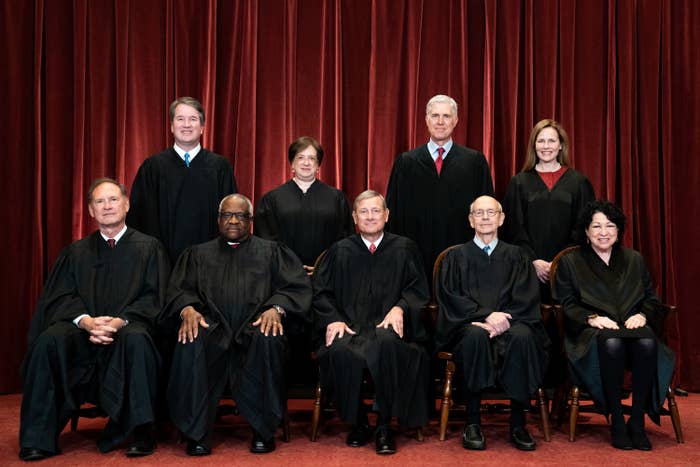HIDING BEHIND MUSK
Defending abortion law, Abbott cites Elon Musk’s support of Texas’ ‘social policies’By Brendan CaseSeptember 3, 2021Dallas: Texas Governor Greg Abbott, defending new legislation on elections and abortion, pointed to billionaire Elon Musk as a business leader who likes the state’s “social policies”.
Musk replied with a less-than-ringing endorsement. Texas Governor Greg Abbott claims Elon Musk is supportive of Texas’ social policies.CREDIT:INTERNET
Texas Governor Greg Abbott claims Elon Musk is supportive of Texas’ social policies.CREDIT:INTERNET
UTILITARIANISM“In general, I believe government should rarely impose its will upon the people, and, when doing so, should aspire to maximise their cumulative happiness,” the billionaire tweeted on Thursday after Abbott’s remarks hours earlier on CNBC.“That said, I would prefer to stay out of politics.”Abbott claimed Musk’s support in arguing that the movement of companies and people to Texas won’t slow down after the state implemented the nation’s most restrictive abortion law and approved new limits on voting access.In fact, the Governor said, the shift to Texas will speed up as some people leave “the very liberal state of California” partly because of its policies.“Elon had to get out of California because, in part, of the social policies in California,” Abbott said, adding that he “frequently” talks to the chief executive officer of Tesla Inc.“Elon consistently tells me that he likes the social policies in the state of Texas.”AdvertisementRELATED ARTICLE US politics‘Unconstitutional chaos’: Biden directs White House lawyers to fight strict Texas abortion lawTesla is building a new factory in Austin, Texas, to make its Cybertruck pickup.Musk’s Space Exploration Technologies Corp. is expanding its launch facilities near the Mexican border to test its futuristic Starship rocket.SpaceX also tests rocket engines in McGregor, which is located between Dallas and Austin.Musk’s companies aren’t alone in moving to the state increasingly defined by hard-right Republican political ideology.Other companies including Apple and Toyota have moved operations and university -educated, creative-class workers to Texas in recent years; enclaves like Austin and Houston’s Montrose neighbourhood felt a little like San Francisco with withering humidity.
US politics‘Unconstitutional chaos’: Biden directs White House lawyers to fight strict Texas abortion lawTesla is building a new factory in Austin, Texas, to make its Cybertruck pickup.Musk’s Space Exploration Technologies Corp. is expanding its launch facilities near the Mexican border to test its futuristic Starship rocket.SpaceX also tests rocket engines in McGregor, which is located between Dallas and Austin.Musk’s companies aren’t alone in moving to the state increasingly defined by hard-right Republican political ideology.Other companies including Apple and Toyota have moved operations and university -educated, creative-class workers to Texas in recent years; enclaves like Austin and Houston’s Montrose neighbourhood felt a little like San Francisco with withering humidity.
 Elon Musk has been moving his companies to Texas but he doesn’t want to get involved in the state’s politics.
Elon Musk has been moving his companies to Texas but he doesn’t want to get involved in the state’s politics.CREDIT:AP
Those workers find themselves in a state taking far-right stances in a culture war with national ramifications for women’s autonomy and presidential politics.
“Other states are competing for people,” said Tammi Wallace, chief executive officer of the Greater Houston LGBT Chamber of Commerce.
“If you look at what our state is doing, and then you see another state where they’re not doing some of those things, you might say, ‘Well, the money’s good, but where do I want to raise my family?’”

Even outspoken tech companies have been glaringly silent on the Texas abortion ban
Tesla CEO Elon Musk summed up the mood in a tweet, saying ‘I would prefer to stay out of politics.’
In recent years, tech companies and their executive leaders have gotten more political, weighing in on legislation that discriminates against gay and transgender Americans. But the usually more outspoken industry has been notably silent about Texas legislation that prevents a physician from performing an abortion after roughly six weeks into the pregnancy. This week, the Supreme Court denied a petition for injunctive relief on the rule, allowing it to go into effect. In her dissent, Supreme Court Justice Sonya Sotomayor called the decision “flagrantly unconstitutional.”
Abortion remains an untouchable political issue for companies. Though doctors insist that abortion is a health decision that should be made between a doctor and his or her patient, some Americans see it as a choice between the life and death of an unborn child. But anti-abortion regulation inhibits medical choice—not just for women seeking the procedure but also for women experiencing a miscarriage—and forces women to seek care through unconventional and sometimes risky means. For this reason, the Supreme Court’s inaction on the Texas law has elicited public outrage—but not from everyone.
Despite the wave of backlash, Governor Greg Abbott is not the least bit concerned that businesses will pull out of his state. “They are leaving the very liberal state of California,” he said in an interview on CNBC’s Squawk on the Street. “Elon [Musk] had to get out of California because of the social policies in California, and Elon consistently tells me he likes the social policies in the state of Texas.” Musk recently relocated to Texas and announced plans for Tesla to build a new factory there.
In response, Musk, capturing the industry’s general mood on the subject so far, tweeted: “In general, I believe government should rarely impose its will upon the people, and, when doing so, should aspire to maximize their cumulative happiness. That said, I would prefer to stay out of politics.”
Fast Company reached out to several companies including Microsoft, Facebook, Amazon, Apple, Google, Dell, PayPal, and Salesforce for their comment because they’ve either been vocal on political issues in the past or have offices in Texas. So far only Microsoft’s publicist has responded to say the company has nothing to share.
Internally, some companies are taking steps to ensure their employees have access to abortion care. Match Group CEO Shar Dubey sent out an email to employees promising that she would personally set up a fund for any staff members who need to travel and obtain abortion care out of state. Similarly, Whitney Wolfe Herd, CEO of dating app Bumble, told employees globally that she would provide financial support to ensure reproductive rights. However, women at these companies likely make enough money and have enough paid time off to travel to another state for reproductive healthcare. Kate Ryder, CEO of Maven Clinic, a company that provides healthcare services to women and families starting at preconception and is now worth more than $1 billion, says that her company has been echoing the message from the American College of Obstetricians and Gynecologists, which has called the Texas law “a clear attack on the practice of medicine.”
A majority of Americans support keeping abortion legal, according to a 2019 poll from Pew. A more recent poll from YouGov, commissioned by the Tara Health Foundation with support from the Charles and Lynn Schusterman Family Philanthropies, suggests that a majority of college-educated professionals don’t want the court to overturn the 1973 Supreme Court decision in Roe v. Wade, which protects a woman’s right to choose whether she wants an abortion. The survey, which went out to 1,800 adults who are either working or looking for work, also indicates that those respondents wouldn’t apply to jobs in states that have laws like Texas’s abortion ban. More than half of respondents want their companies to either make public donations or comment on the issue.
The general quiet on the Texas abortion law is in stark contrast to response on other political issues when companies felt it necessary to throw around their economic weight. In 2015, Apple CEO Tim Cook spoke out against Indiana’s Religious Freedom Restoration Act, which could have allowed for discrimination against queer Americans. He wasn’t the only one who took exception to that law and others like it. Salesforce CEO Marc Benioff vocally opposed the law and a year later threatened to reduce investments in Georgia over a similar rule. Dell Technologies CEO Michael Dell, billionaire Richard Branson, and Microsoft president Brad Smith all voiced public opposition to Georgia’s policy.
In 2016, industry played an important role in dismantling a North Carolina law that forced transgender Americans to use bathrooms according to their gender assigned at birth. PayPal withdrew plans to set up a new facility in the state; Ringo Starr and Bruce Springsteen canceled planned concerts; and both the NBA and the NCAA avoided hosting events there. Deutsche Bank and several major investment firms also made their displeasure known. Target promised that transgender Americans could continue to use the bathroom that comports with their gender identity despite the rule and later faced backlash for it. At the time, CNBC estimated that by the end of 2017 North Carolina would forfeit more than $525 million.
CEOs and companies continue to voice their dismay over laws unrelated to their bottom line. In 2018, Cook vocalized his concern in an interview with MSNBC’s Chris Hayes over the repeal of the Deferred Action for Childhood Arrivals program, saying, “The DACA situation is not an immigration issue, it’s a moral issue.” And this year, a convoy of tech companies came out to wag their fingers at Georgia’s attempts to erect barriers to the ballot box and voiced support for voting rights laws that enable access like the John Lewis Voting Rights Advancement Act.
They have also, in the last seven years or so, made moves to ensure that their employees adequately reflect America’s demographic makeup, announcing various diversity initiatives. In particular, some companies have made a show of hiring more women. In 2019, Dell announced that by 2030 half of its workforce would be female. But speaking out on access to women’s reproductive care, it seems, remains too taboo. Technology related to women’s health may garner incredible attention as an opportunity for investment, drawing $1.31 billion in funding so far this year according to Pitchbook data, but women’s health as a moral prerogative has yet to seize the hearts and minds of the tech industry’s luminaries. Maybe next year.
ABOUT THE AUTHOR
Ruth Reader is a writer for Fast Company. She covers the intersection of health and technology.

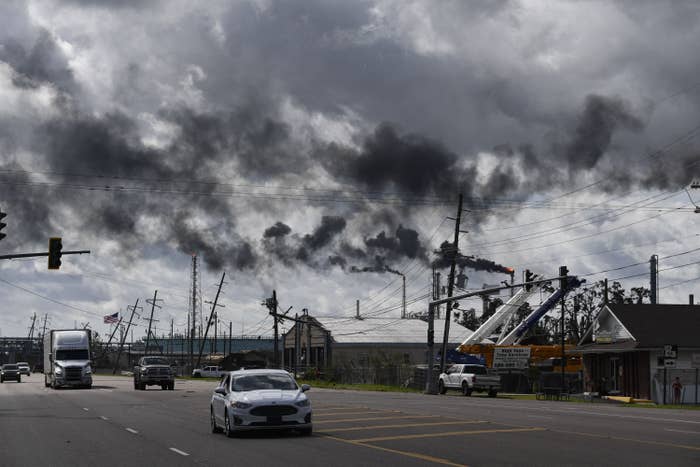
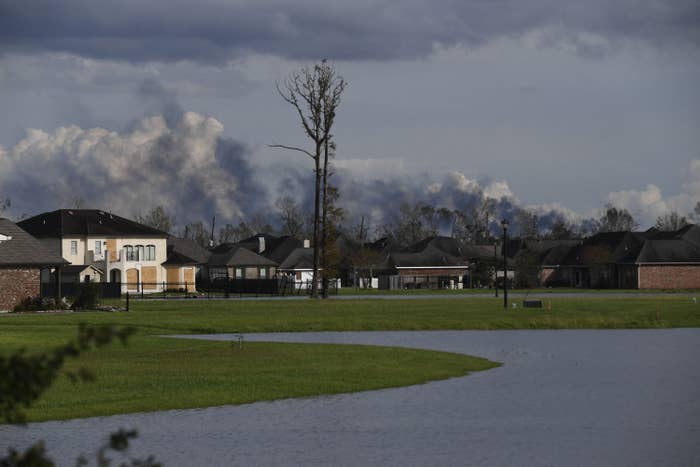








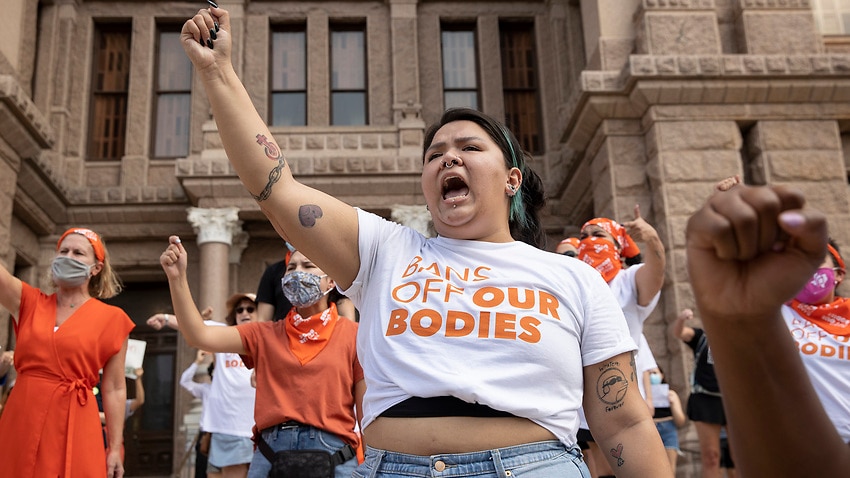


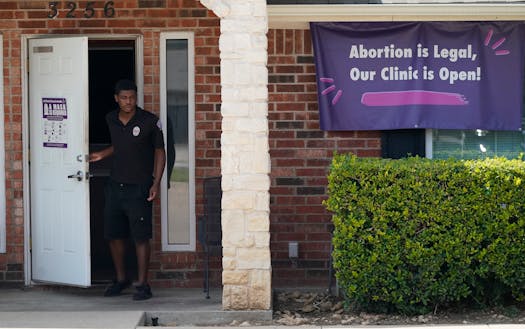


/https://static.texastribune.org/media/files/9894214aba3ce0fde44cc3a7e0749aa0/SCOTUS%20Abortion%20Rally%20REUTERS.jpg)



